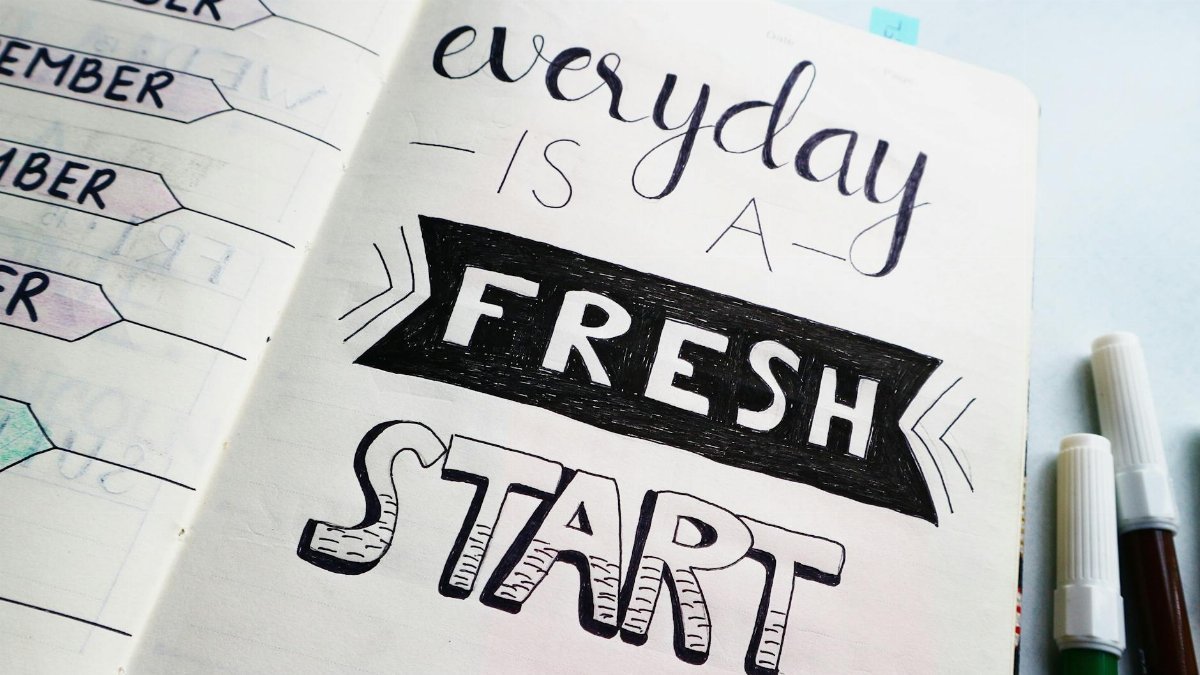Walk into any coffee shop in Portland or scroll through a wellness forum in 2025, and you’ll likely catch whispers of a growing trend: people seeking balance through mind-body healing. It’s not just yoga retreats or meditation apps driving this shift. There’s a quiet, almost urgent, hunger for practices that bridge the gap between spiritual exploration and everyday grounding. Many feel overwhelmed by the vastness of spiritual pursuits—cosmic insights, energy work, or endless self-discovery can leave one untethered. The question lingers: how do you stay rooted when your spirit feels adrift? This article offers 11 grounded practices to ease spiritual overwhelm, drawing on the principles of mind-body healing. These aren’t lofty ideals but tangible steps to reconnect with the here and now, weaving calm into the chaos of inner growth. Let’s unpack approaches that steady both heart and mind.
1. Start with Breath as an Anchor

A single deep breath can cut through the fog of spiritual overwhelm. It’s not a new idea, but its simplicity is powerful. When thoughts spiral into existential territory, focusing on the rise and fall of your chest pulls you back to the physical. Studies from institutions like the National Institutes of Health show that controlled breathing lowers cortisol levels, easing stress almost instantly. Try this: inhale for four counts, hold for four, exhale for six. Repeat until the mind quiets. It’s less about achieving enlightenment in the moment and more about reminding your body it’s safe. Over time, this becomes a reflex, a tether when spiritual questions feel too heavy.
2. Ground Through Barefoot Connection

Ever notice how walking barefoot on grass or sand shifts your mood? There’s something primal about touching the earth directly. Known as “earthing,” this practice is gaining traction for its potential to reduce inflammation and stress, as noted in research from the National Library of Medicine. For those wrestling with spiritual overwhelm, it’s a literal way to ground. Spend 10 minutes outside, soles against soil, noticing the texture and coolness. It’s not just woo-woo; it’s a reminder of your physical presence in a world that often feels too abstract during spiritual seeking.
3. Limit Information Overload

Spiritual growth often comes with a deluge of books, podcasts, and workshops. But consuming too much can scatter focus. One woman, speaking anonymously in online discussions, shared how she felt “drowned by wisdom” after binging spiritual content, leaving her more confused than inspired. Mind-body healing encourages a pause. Set boundaries: maybe one book a month or a single podcast episode per week. Digest what resonates before moving on. This isn’t about slowing growth but ensuring it sticks, letting insights settle into your bones rather than piling up as mental clutter.
4. Engage in Simple Movement

Movement doesn’t have to mean an intense workout. A slow walk, gentle stretching, or even swaying to music can reconnect you to your body. The Centers for Disease Control and Prevention highlights how even light activity boosts mood and reduces anxiety. When spiritual practices leave you unmoored, a 15-minute stroll—paying attention to each step—can shift the energy. Notice your feet hitting the ground, the rhythm of your stride. It’s a quiet rebellion against overthinking, a way to let the body lead for a change.
5. Create a Sensory Ritual

Spiritual overwhelm often stems from being too much “in your head.” A sensory ritual—something as small as lighting a familiar candle or sipping warm tea with intention—can bring you back. Focus on the flicker of the flame, the heat of the mug against your palms. These tiny acts ground abstract thoughts into the tangible. They don’t require deep meditation or esoteric knowledge, just presence. Over weeks, this builds a habit, a signal to your nervous system that it’s time to settle.
6. Journal Without Rules

Writing can be a release, but spiritual seekers sometimes overcomplicate it with prompts or perfectionism. Forget structure. Grab a notebook and scribble whatever comes—fears, wonders, or even nonsense. This isn’t about crafting profound insights; it’s about clearing mental static. Research from the American Psychological Association suggests expressive writing reduces stress by externalizing emotions. When spiritual questions loom large, dumping them on paper makes them less daunting. It’s a mind-body bridge, turning inner chaos into something you can see and set aside.
7. Eat with Awareness

Eating mindfully isn’t just a trendy phrase. It’s a grounding tool. Spiritual overwhelm can disconnect you from basic needs, leaving meals as rushed afterthoughts. Slow down. Chew deliberately, noticing flavors and textures. A simple apple can become a meditation if you let it. This practice roots you in the physical act of nourishment, a counterbalance to ethereal pursuits. It’s less about diet and more about presence—reminding yourself that growth includes caring for the vessel you’re in.
8. Set a Digital Detox Window

Spiritual content online—think endless Instagram quotes or YouTube gurus—can fuel overwhelm. Constant scrolling pulls you out of your own experience. Try a daily detox, even just an hour before bed, shutting off devices. Use that time to sit quietly or stare out a window. The absence of input lets your mind and body recalibrate. It’s not rejection of technology but a reclaiming of stillness, a small act of control in a noisy world.
9. Connect with a Trusted Listener

Sometimes, spiritual overwhelm needs to be voiced. Speaking to a friend or mentor who listens without judgment can lighten the load. It’s not about seeking answers but sharing the weight. One person recalled a late-night chat with a close friend, saying, “Just saying it out loud made it less scary.” This human connection, rooted in real interaction, balances solitary spiritual work. It reminds you that you’re not floating through these questions alone.
10. Focus on One Small Intention

Big spiritual goals—enlightenment, healing, transformation—can paralyze. Instead, pick one tiny intention each day. Maybe it’s “be kind to myself” or “notice beauty.” Write it down or whisper it during a quiet moment. This narrows the scope of mind-body healing to something manageable. It’s not about solving everything but planting a seed, letting small victories build trust in the process. Over days, these micro-shifts accumulate into steadiness.
11. Rest Without Guilt

Spiritual seeking can feel like a race, with rest mistaken for stagnation. But rest is active healing. Lie down for 20 minutes, no agenda, just breathing. Let the body soften. Guilt might creep in—push it aside. Rest rebuilds resilience, a foundation for any growth. It’s a reminder that mind-body healing isn’t a grind; it’s a rhythm. Honoring fatigue isn’t weakness but wisdom, a way to sustain the journey without burning out.
These 11 practices aren’t a cure-all, but they offer a framework to navigate spiritual overwhelm with both feet on the ground. Mind-body healing, at its core, is about integration—melding the vastness of spirit with the reality of flesh and bone. It’s not always dramatic or profound. Sometimes, it’s as quiet as a slow breath or a barefoot step. In 2025, as more Americans turn to holistic paths, these grounded tools feel less like luxuries and more like necessities. They carve space for growth without losing sight of the present. So, take one practice, start small, and notice what shifts. The balance might surprise you.
